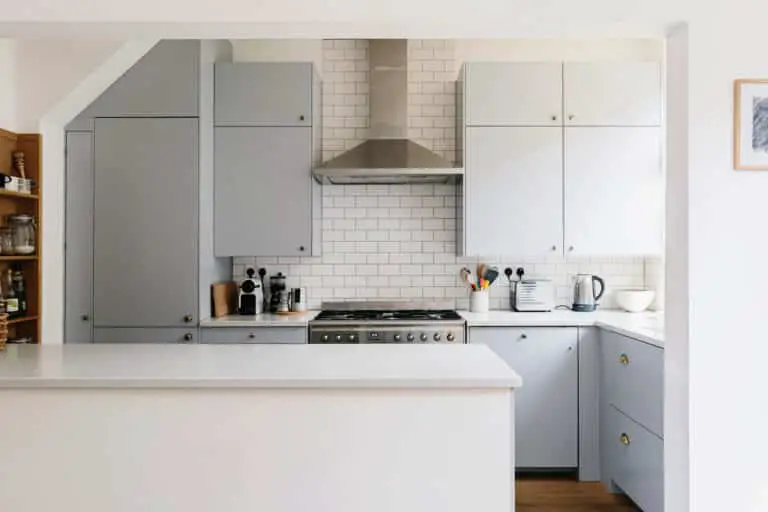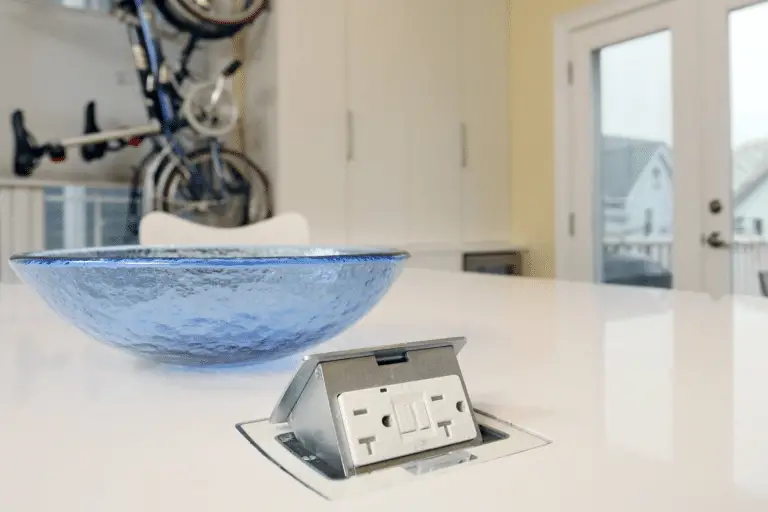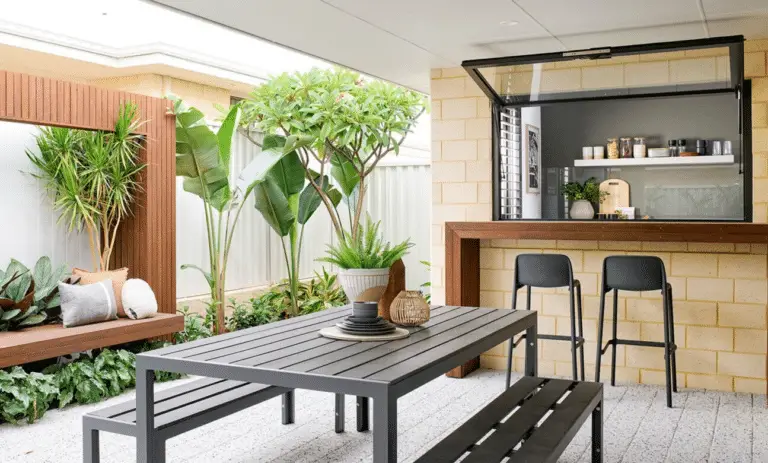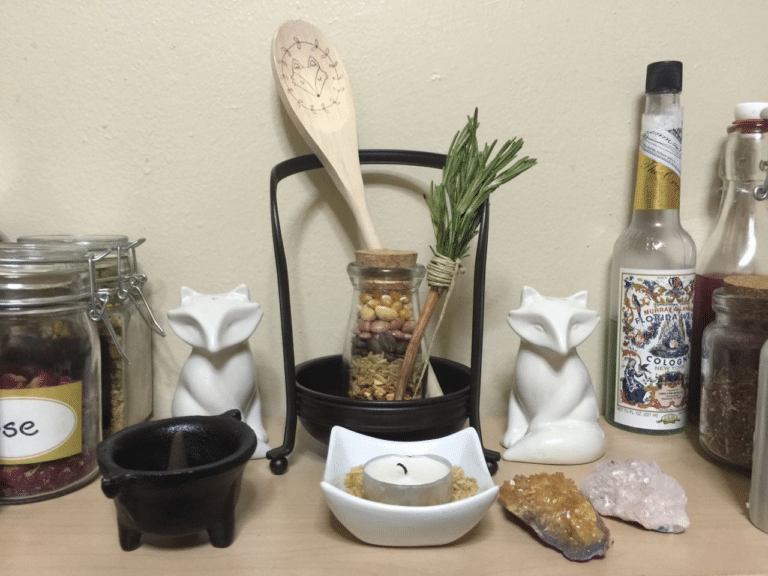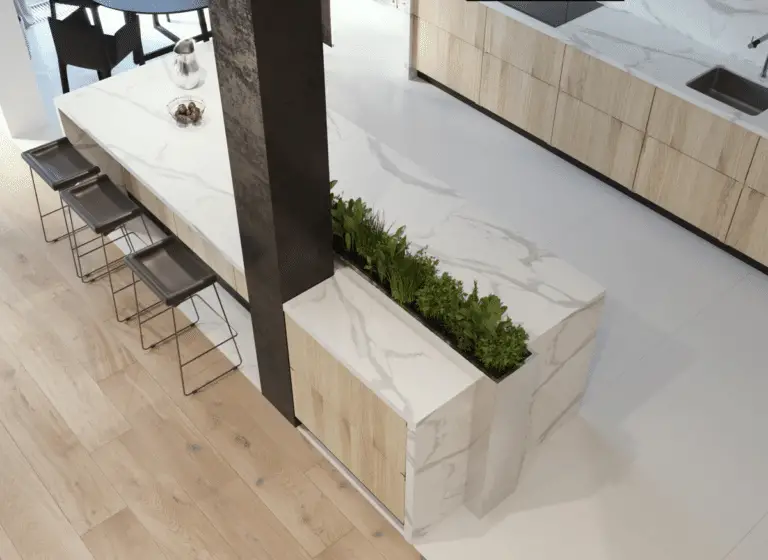Welcome to our blog post on cost considerations and budgeting for a bespoke kitchen! Have you ever wondered about the concept of bespoke kitchens and how they can elevate the look and functionality of your home?
In this article, we’ll dive into the hidden costs of bespoke kitchens that are often overlooked, and provide practical tips for creating a comprehensive budget. Stay tuned for an in-depth analysis of the costs associated with a bespoke kitchen and ways to save without compromising quality. Let’s get started!
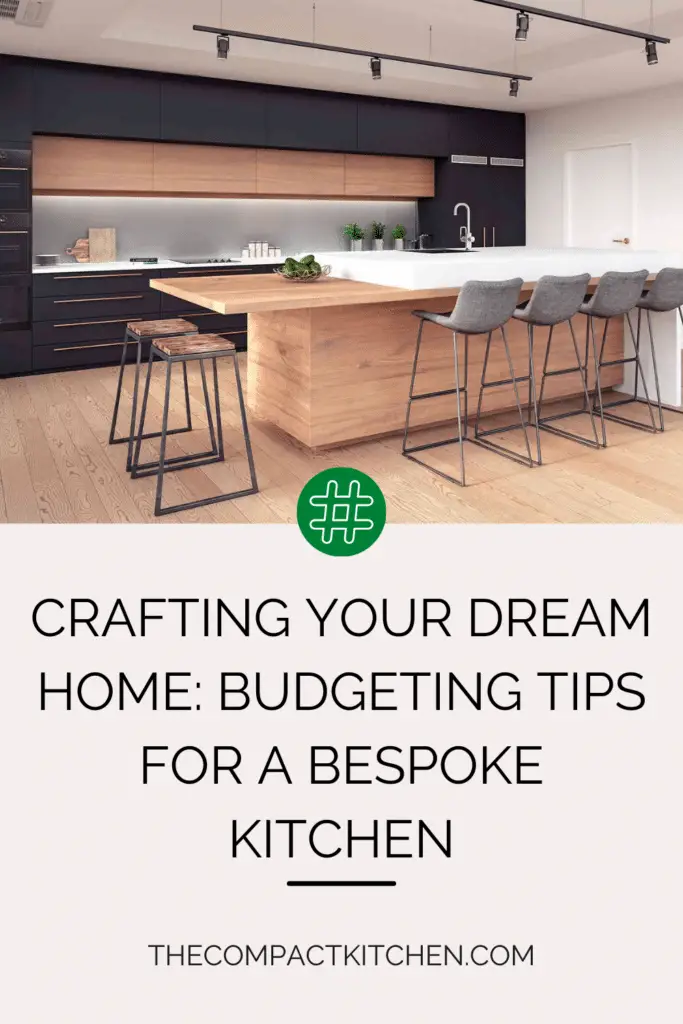
What is a Bespoke Kitchen: Understanding the Concept
When it comes to creating the kitchen of your dreams, a bespoke kitchen offers a level of customization and uniqueness that cannot be matched by off-the-shelf options. A bespoke kitchen is a personalized design tailored to your specific needs, preferences, and lifestyle. It goes beyond simply choosing cabinet colors and countertop materials; it involves detailed craftsmanship, quality materials, and meticulous attention to every aspect of the design.

The appeal of a bespoke kitchen lies in its ability to enhance both the functionality and aesthetic of your home. Not only does it provide you with a space that is perfectly suited to your daily routines and cooking habits, but it also adds a touch of luxury and sophistication to your living space. Whether you’re an avid home cook or someone who loves to entertain guests, a bespoke kitchen can elevate your experience and make you fall in love with your home all over again.
Key Takeaways:
- Bespoke kitchens offer a high level of customization and personalization.
- They involve detailed craftsmanship, quality materials, and meticulous attention to design.
- The appeal of bespoke kitchens lies in their ability to enhance functionality and aesthetics.
The Hidden Costs of a Bespoke Kitchen

When considering a bespoke kitchen for your home, it’s essential to understand that there may be hidden costs lurking beneath the surface. While the initial quote for a personalized design may seem reasonable, it’s important to dig deeper to uncover the factors that could impact your budget.
Quality Materials
One of the key factors contributing to the cost of a bespoke kitchen is the use of quality materials. While off-the-shelf options may cut corners with cheaper materials, a bespoke kitchen is crafted with top-of-the-line products designed to stand the test of time. From solid wood cabinetry to high-end countertops, these quality materials come at a price.
Detailed Craftsmanship
Another aspect that adds to the cost of a bespoke kitchen is the detailed craftsmanship that goes into creating a personalized design. Skilled artisans and craftsmen work meticulously to bring your vision to life, ensuring that every detail is customized to your specifications. This level of detail and customization requires time, expertise, and attention to detail, which can drive up the overall cost of the project.
Personalized Design Details
Lastly, the personalized design details that set a bespoke kitchen apart from standard options can also contribute to hidden costs. From unique hardware and fixtures to custom storage solutions and specialty finishes, these personalized design elements add a touch of luxury and exclusivity to your kitchen. While these details enhance the overall aesthetic and functionality of the space, they can come with a higher price tag.

By understanding these hidden costs associated with a bespoke kitchen, you can better prepare your budget and make informed decisions about where to allocate your funds. While quality materials, detailed craftsmanship, and personalized design details may come at a premium, the end result is a kitchen that is truly one-of-a-kind and tailored to your specific needs and preferences.
Budgeting Strategically for a Bespoke Kitchen

When it comes to creating a bespoke kitchen, one of the most crucial aspects to consider is budgeting strategically. This process involves careful planning, prioritizing wants and needs, and making financially sound decisions to ensure that you stay within your budget while still achieving your desired design.
Creating a Comprehensive Budget
First and foremost, it’s essential to create a comprehensive budget that includes all potential costs associated with your bespoke kitchen project. This includes not only the cost of materials and installation but also any additional fees for customization, design changes, or unexpected expenses that may arise during the process.
By having a clear understanding of the total cost upfront, you can avoid any surprises along the way and make more informed decisions about where to allocate your budget.
Practical Tips for Balancing Wants and Needs

One of the biggest challenges when budgeting for a bespoke kitchen is balancing your wants and needs within the constraints of your budget. It’s important to prioritize the elements of your kitchen that are most important to you, whether it’s high-quality materials, intricate craftsmanship, or specific design details.
Consider where you can afford to splurge and where you can cut back without compromising the overall look and function of your kitchen. By making strategic decisions about where to invest your budget, you can achieve a beautiful bespoke kitchen that fits your style and needs.
Making Financially Sound Decisions
Finally, when budgeting for a bespoke kitchen, it’s essential to make financially sound decisions that will ultimately save you money in the long run. While it may be tempting to cut corners to save costs upfront, investing in quality materials and expert craftsmanship can actually lead to savings over time.
By choosing durable materials and skilled professionals for your bespoke kitchen project, you can ensure that your kitchen will withstand the test of time and require fewer repairs or replacements in the future. This strategic approach to budgeting can help you maximize the value of your investment and create a bespoke kitchen that is both cost-effective and of the highest quality.
Cost Considerations: In-depth Analysis

When it comes to creating a bespoke kitchen, the cost considerations can often be a major factor influencing decision-making. Understanding the in-depth analysis of the costs associated with a personalized design can help you make informed choices and prioritize where to allocate your budget.
Design Process Costs
The first step in creating a bespoke kitchen is the design process, where a personalized plan is crafted to fit your unique needs and preferences. This initial stage involves working closely with a designer to create a layout, select materials, and finalize details. Keep in mind that the time and expertise required for this step can contribute to the overall cost of your bespoke kitchen.
Quality Materials and Craftsmanship

One of the key elements that set bespoke kitchens apart is the use of quality materials and detailed craftsmanship. From custom cabinetry to handcrafted countertops, investing in superior materials and skilled labor can significantly impact the cost of your project. While these expenses may seem high upfront, the long-term durability and aesthetic appeal of quality materials can provide a substantial return on investment.
Installation Costs
Once the design and materials are selected, the next phase is the installation of your bespoke kitchen. This process involves the coordination of contractors, tradespeople, and specialists to bring your personalized design to life. Installation costs can vary depending on the complexity of the project, so it’s important to factor in labor fees, transportation costs, and any unexpected expenses that may arise during the construction phase.
Return on Investment

While the costs of a bespoke kitchen can add up quickly, it’s essential to consider the potential return on investment that this investment can offer. A well-designed and meticulously crafted kitchen can enhance the value of your home, improve functionality and efficiency, and elevate your overall living experience. By prioritizing quality materials, expert craftsmanship, and strategic budgeting, you can create a bespoke kitchen that not only meets your needs but also adds long-term value to your property.
In conclusion, weighing the cost considerations of a bespoke kitchen with the potential benefits and return on investment is crucial in making informed decisions. By understanding the breakdown of each cost associated with a personalized design, you can create a comprehensive budget that aligns with your financial goals and design expectations.
Ways to Save Without Compromising Quality

When it comes to creating a bespoke kitchen, the allure of premium materials, detailed craftsmanship, and personalized design features can quickly add up in cost. However, that doesn’t mean you have to break the bank to achieve your dream kitchen. By making strategic decisions and prioritizing where to invest your budget, you can save money without compromising on quality.
1. Prioritize Key Elements
One way to save money on your bespoke kitchen project is to prioritize key elements that will have the biggest impact on both the functionality and aesthetic of the space. By focusing on high-impact features such as cabinetry, countertops, and appliances, you can allocate more of your budget to these areas and save on less essential details.
2. Opt for Cost-Effective Materials
While quality materials are essential for a durable and long-lasting kitchen, there are ways to save money without sacrificing quality. Consider mixing high-end materials with more budget-friendly options to achieve the look you desire without exceeding your budget. For example, opt for quartz countertops instead of marble or choose laminate flooring that mimics the look of hardwood.
3. Consider Alternative Design Solutions

Thinking outside the box when it comes to design can also help you save money on your bespoke kitchen. Look for creative solutions that offer both style and functionality without the hefty price tag. For example, consider open shelving instead of upper cabinets, or opt for a mix of custom and stock cabinetry to save on costs.
4. DIY Where Possible
If you’re handy with tools and have some DIY skills, consider tackling certain aspects of your bespoke kitchen project yourself. From painting cabinets to installing hardware, there are plenty of tasks you can take on to save money on labor costs. Just be sure to know your limits and hire professionals for more complex or technical projects.
5. Shop Smart and Compare Prices
Finally, one of the easiest ways to save money on your bespoke kitchen project is to shop smart and compare prices. Take the time to research different vendors and suppliers to find the best deals on materials, appliances, and fixtures. Look for sales, discounts, and clearance items to score high-quality products at a fraction of the cost.
By implementing these cost-saving ideas and making smart decisions throughout the design and construction process, you can create a bespoke kitchen that reflects your personal style and meets your budgetary needs.
Final Thoughts: Designing Your Dream Kitchen Without Breaking the Bank!

Creating your dream bespoke kitchen is all about balance. While there may be hidden costs to consider, strategic budgeting can help you achieve the perfect blend of quality and affordability. Remember, it’s not about cutting corners, but finding creative ways to save without sacrificing the integrity of your design.
With a comprehensive budget in hand and a clear understanding of the costs involved, you can confidently embark on the journey to a bespoke kitchen that truly reflects your style and personality. Happy designing!



